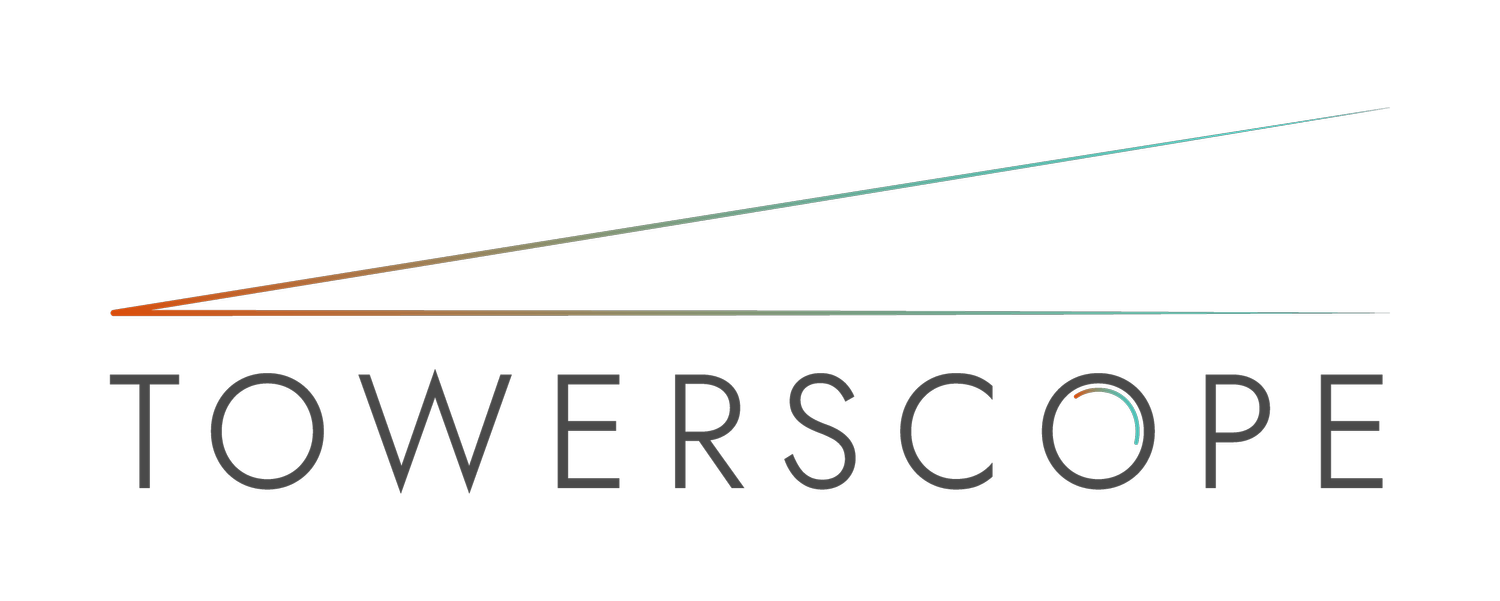I like to shut up every once in a while and let others share their experiences, perspectives, and research on this topic. Today, I am honored to have Kate Scott, the Organizational Development Director for PTC (a recognized company in Industrial IoT Software Platforms) do a guest post on one of her specialities: "360 degree" feedback. She shares with us the research on when it's useful, when it's not, and how to make the best use of it to be a better leader.
---------------------
You know that awful feeling when you discover you’ve been walking around all afternoon with a piece of spinach stuck in your teeth and nobody bothered to tell you? That piece of spinach, like a bad behavior that everyone knows about but you, is a blind spot. Blind spots can prevent you from advancing your career or they can disrupt an otherwise successful career.
One of the key reasons people participate in a formal feedback gathering process, like a “360 degree” survey, is to increase their self-awareness and reduce blind spots. In a 360 degree feedback process, you select individuals from different groups you interact with (peers, direct reports, customers, and your manager) in order to better understand how you are being perceived by others. The earlier in your career you can gain this type of feedback, the better. Just think of that piece of spinach – wouldn’t you like to know about it as early as possible?
If you have an opportunity to participate in a 360 degree feedback gathering process at any point in your career, it’s a powerful opportunity for self-reflection, personal growth and development. However, whether that feedback turns into lasting behavior changes depends on what you do with it. Do you decide to remove the spinach from your teeth? Or do you carry on as before and ignore what others have told you?
Research on the effectiveness of 360 degree feedback on positive behavior change is mixed. Some studies find that 360 degree feedback leads to lasting behavior changes. Others find it has no impact or can even have a negative impact on performance. Most of the comprehensive reviews of the literature find that on the whole, there are positive, but very modest improvements made as a result of 360 degree feedback. Yet, when asking leaders what the most impactful developmental experience they ever had in their career was, participating in a 360 feedback process is a frequently cited experience.
Some of the leading researchers in the field propose the reason for the mixed results is that some individuals are more likely to improve from 360 degree feedback than others. So, what does research tell us you can do to get the most out of participating in a 360 degree feedback process?
Be the one to initiate it. When you actively seek feedback you are more likely to accept it.
Choose participants you respect. This may sound obvious, but if you choose people to participate in your process out of a sense of obligation rather than true interest in what they have to say, it will be easier to ignore the feedback you receive.
Talk it out. Reviewing the feedback with an experienced coach or trusted manager or colleague can help you understand the feedback more fully and help you think about ways to integrate positive behavior changes into your day-to-day work life.
Set development goals. I cannot emphasize this one enough. Setting goals has been proven time and time again as being an effective way to help you improve your performance.
Believe in yourself. You have the ability to change. If you find yourself slipping up from time to time, don’t worry – that’s part of the process. Just re-focus on your goals and get some support from a friend, mentor, or coach to encourage you along the way.
And one final thought: When reviewing your 360-degree feedback, watch out for negativity bias. This is what causes us to zero in on the one piece of negative feedback in an otherwise very positive feedback report. And some research suggests that women may be more likely to view negative feedback as more reflective of their actual skills than men. So, keep your focus on how you can take positive action, not on self-judgement.
Remember, feedback is a gift. It is an opportunity to learn more about yourself and develop yourself as a leader. If you have an opportunity to participate in a formal feedback gathering process, don’t let it pass you by, but do take some time to prepare. If you get yourself in the right frame of mind and surround yourself with people who can support you, you can gain lasting insights about yourself and learn things that will be incredibly valuable to you as you build your career.
References
Smither, J., London, M., Reilly, R.R. (2005). Does Performance Improve Following Multisource Feedback? A Theortical Model, Meta-Analysis, and Review of Empirical Findings. Personnel Psychology, Vol. 58, Iss. 1
Roberts, T-A., Nolen-Hoeksema, S. (1989). Sex differences in reactions to evaluative feedback. Sex Roles, Vol 21, Issue 11-12.
Kate Scott is the Organizational Development Director for PTC, a recognized technology leader in Industrial IoT Software Platforms. She leads company-wide organizational development initiatives and is a certified facilitator for her company’s 360 degree feedback tool. She has also served as a Career Coach and Corporate Engagement Committee Member for Dress for Success, Triangle NC. Kate has a M.S. degree in Industrial/Organizational Psychology and is currently pursuing her MBA.
This article was originally posted on Psychology Today on September 6, 2018. Copyright 2018. All rights reserved by Mira Brancu & Kate Scott/Brancu & Associates, PLLC.


